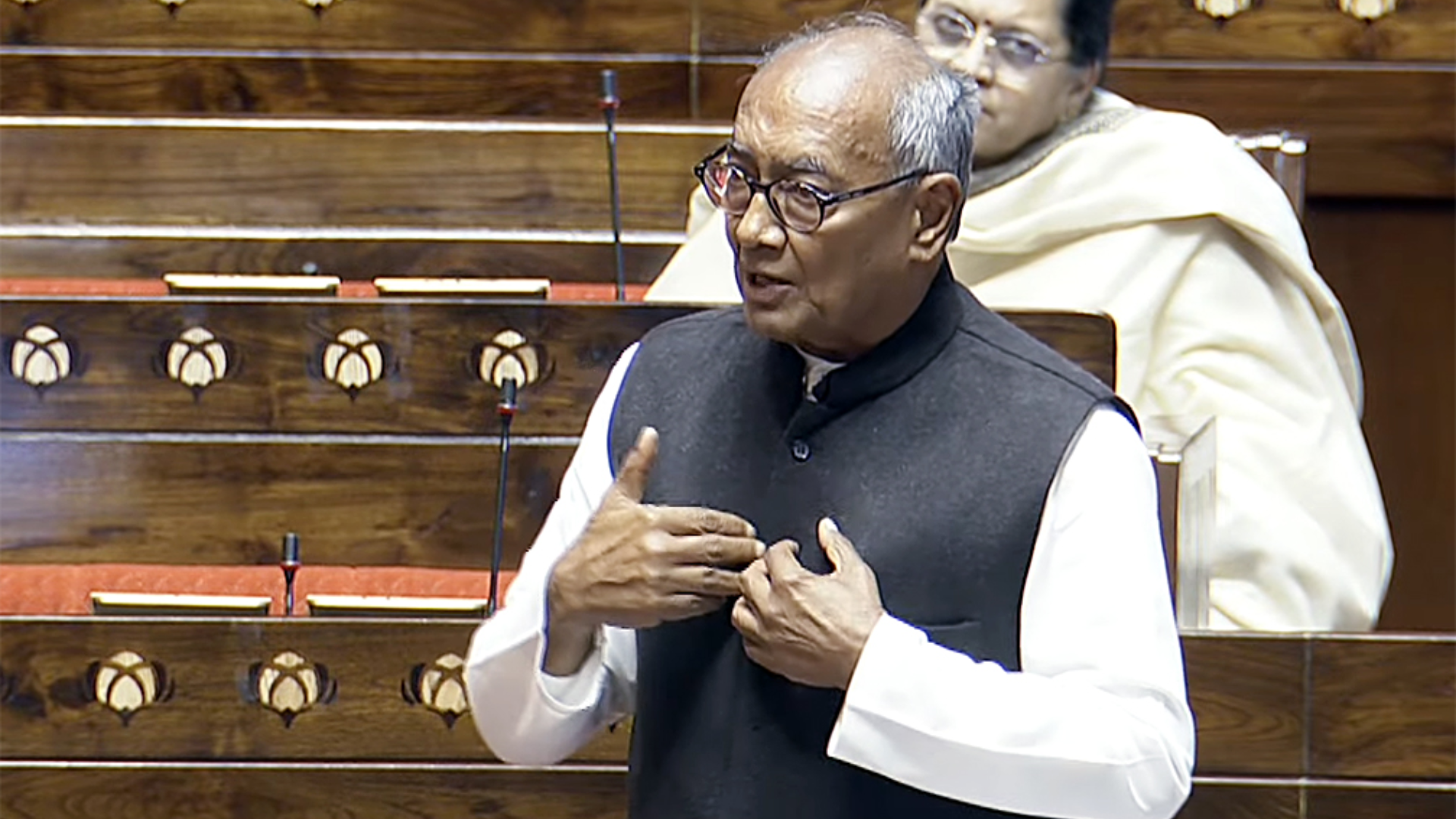On Saturday, the Congress party unveiled its fourth roster comprising 46 candidates for the imminent Lok Sabha elections. Among the notable inclusions, Digvijay Singh, former Chief Minister of Madhya Pradesh, emerged as the party’s nominee for the Rajgarh Lok Sabha constituency, where he is set to contest against BJP candidate Rodmal Nagar. Similarly, Imran Masood, a former Member of the Uttar Pradesh Assembly, will vie for the Saharanpur seat, while Virender Rawat and Danish Ali will contest from Haridwar and Amroha respectively, reflecting the party’s strategic selection across diverse constituencies.
A significant highlight of the list is Ajay Rai’s candidacy against Prime Minister Narendra Modi in Varanasi, marking Rai’s third consecutive challenge to the incumbent Prime Minister. Despite Rai’s previous third-place finish in the 2019 elections, with a notable margin, he remains resolute in his pursuit, undeterred by past outcomes.
In Tamil Nadu, Karti Chidambaram, son of senior Congress leader P. Chidambaram, secured the nomination for the Sivaganga Lok Sabha seat, while B. Manickam Tagore was re-nominated for the Virudhunagar constituency, underscoring the party’s continuity in certain regions.
The party’s selection extends to various states including Madhya Pradesh, Maharashtra, and Uttar Pradesh, with candidates like Kantilal Bhuria for Ratlam, Vikas Thakare for Nagpur, Pradeep Jain Aditya for Jhansi, and Akhilesh Pratap Singh for Deoria, reflecting a comprehensive approach to representation.
Additionally, the release of the first list of 18 candidates for the upcoming Sikkim Assembly polls underscores the party’s engagement at the state level, signaling its commitment to regional politics alongside the national arena.
With the Lok Sabha elections scheduled to unfold in seven phases starting April 19, and a staggering 97 crore eligible voters poised to exercise their franchise, the political landscape is set for a spirited contest. The forthcoming elections are pivotal, with various parties meticulously unveiling their candidate rosters as they gear up for the electoral battle ahead.
It’s worth noting the electoral history, with the Bharatiya Janata Party (BJP) securing a landslide victory in the 2019 elections, capturing 303 seats, while the Indian National Congress (INC) managed to clinch only 52 seats. In the preceding 2014 elections, the BJP also emerged triumphant with 282 seats, significantly overshadowing the INC, which secured a mere 44 seats.
As the countdown to the elections progresses, political fervor intensifies, and parties intensify their efforts to sway voters, the stage is set for a democratic spectacle that will ultimately shape the nation’s trajectory for years to come.
















